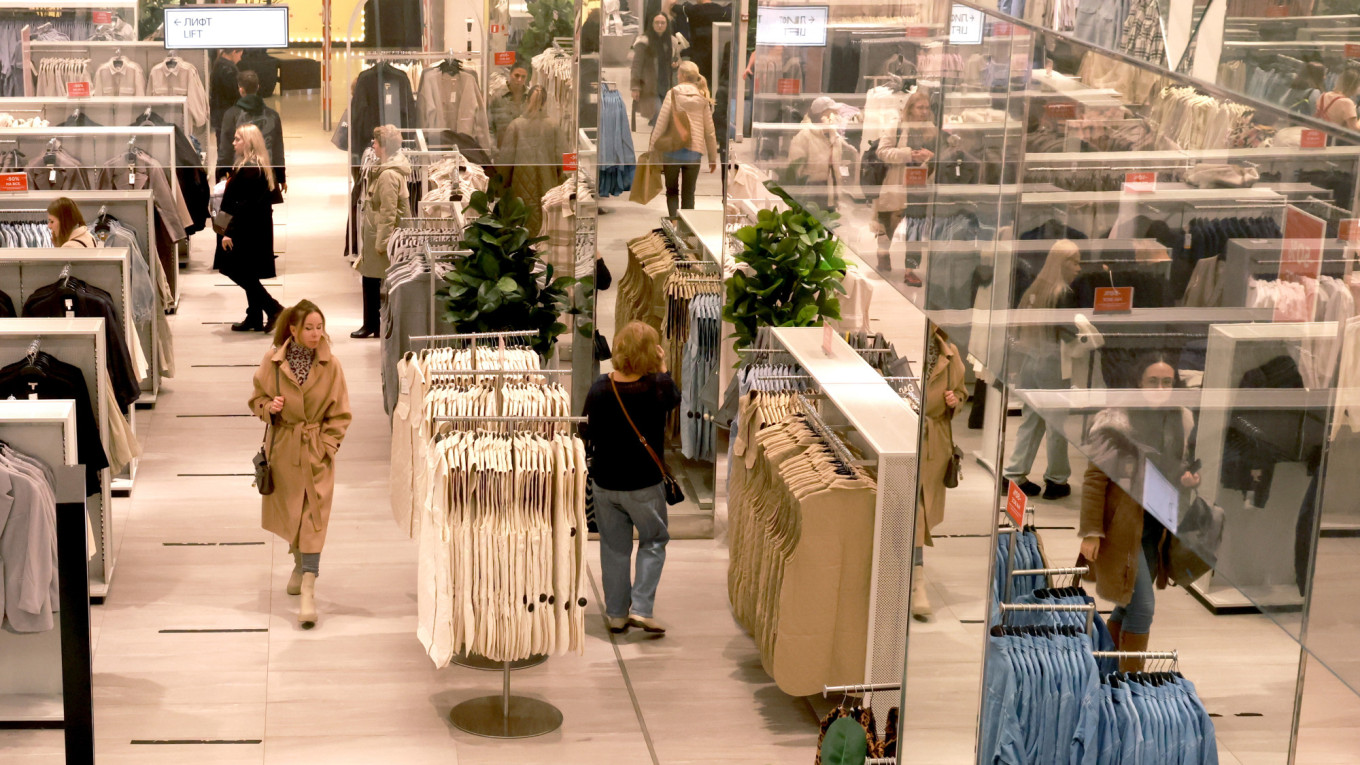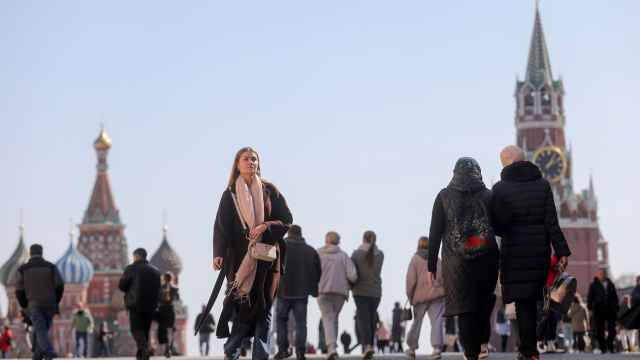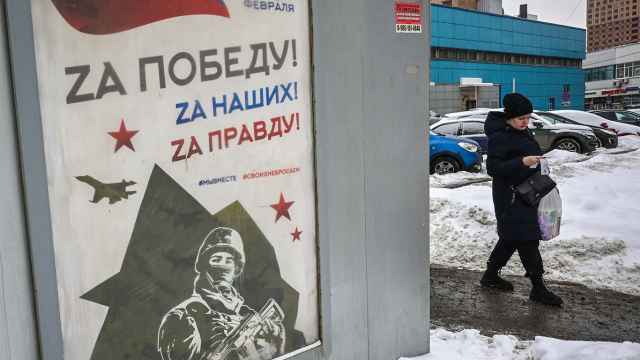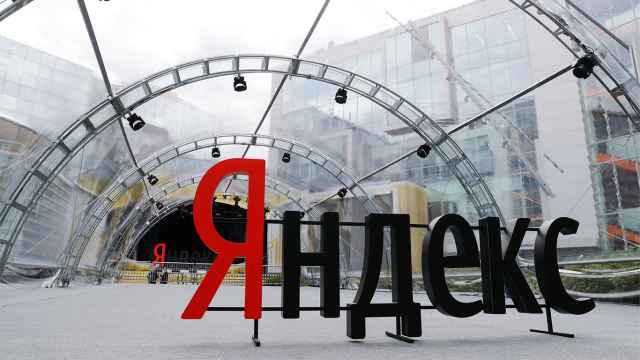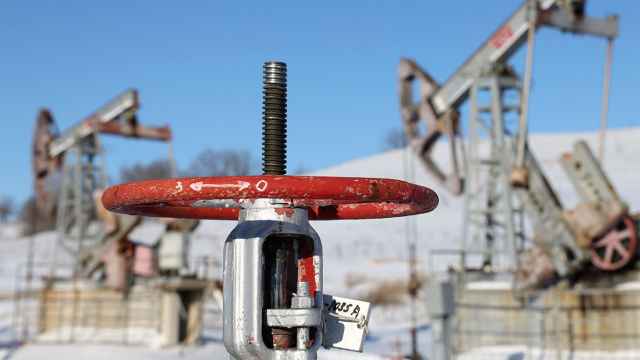Russia's economy grew for a second consecutive quarter despite high inflation and Western sanctions that have weakened the ruble, official data showed Wednesday.
The economy expanded by 5.5% year-on-year in the third quarter after contracting in the same period last year, according to the federal statistics agency.
The Russian economy shrank in 2022 but it started to grow again in the second quarter of this year on an annual basis, ending a streak of four straight quarters of contraction.
Officials have forecast the economy to rebound in 2023, with the Central Bank expecting growth of between 2.2% and 2.7% for the full year.
Economy Minister Maxim Reshetnikov said last week annual growth should come in at 3%.
Russia was hit by unprecedented Western sanctions in the wake of its military campaign in Ukraine.
Moscow has since redirected much of its vital oil and gas exports to China and India and imposed currency controls to prop up the ruble, which remains volatile, trading at around 90 rubles per dollar.
President Vladimir Putin has hailed Russia's economic performance in the face of Western sanctions.
But independent analysts say a huge increase in military spending, while supporting the economy, is leading to other problems.
Inflation has surged and unemployment is at record lows, leading to labor shortages and consistent upward pressure on prices.
The central bank has raised interest rates to 15% in a bid to tame inflation.
Price rises are a particularly sensitive topic for Russian society, which has seen successive periods of high inflation in the three decades since the collapse of the Soviet Union.
The Kremlin is keen to portray the economy as an area of strength ahead of presidential elections in March 2024.
A Message from The Moscow Times:
Dear readers,
We are facing unprecedented challenges. Russia's Prosecutor General's Office has designated The Moscow Times as an "undesirable" organization, criminalizing our work and putting our staff at risk of prosecution. This follows our earlier unjust labeling as a "foreign agent."
These actions are direct attempts to silence independent journalism in Russia. The authorities claim our work "discredits the decisions of the Russian leadership." We see things differently: we strive to provide accurate, unbiased reporting on Russia.
We, the journalists of The Moscow Times, refuse to be silenced. But to continue our work, we need your help.
Your support, no matter how small, makes a world of difference. If you can, please support us monthly starting from just $2. It's quick to set up, and every contribution makes a significant impact.
By supporting The Moscow Times, you're defending open, independent journalism in the face of repression. Thank you for standing with us.
Remind me later.


